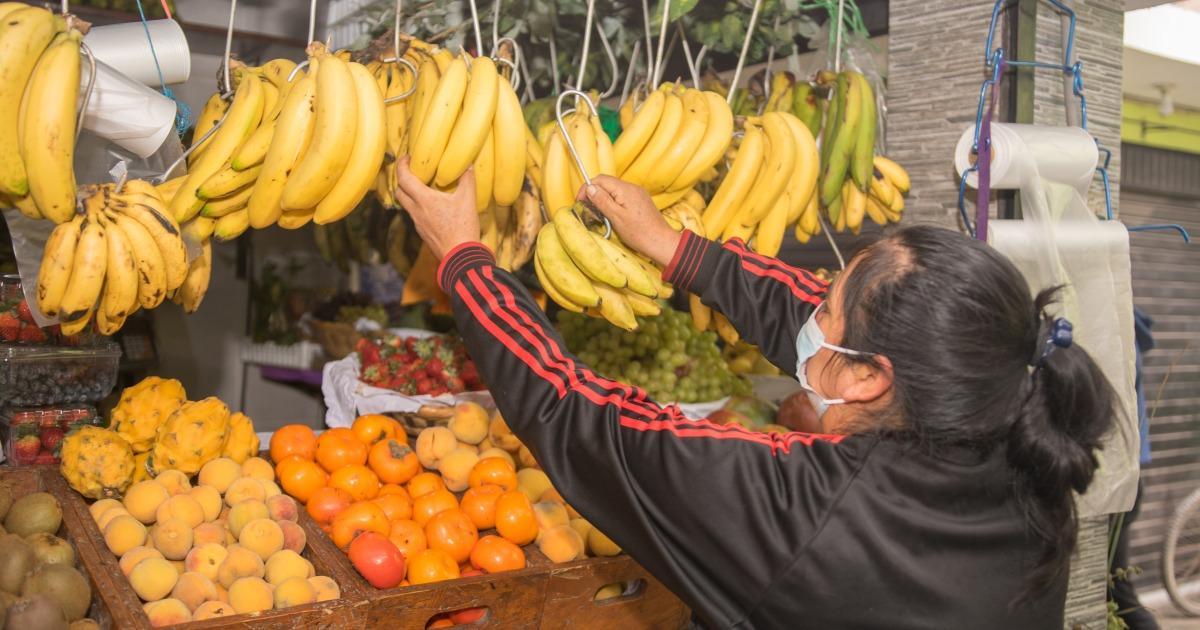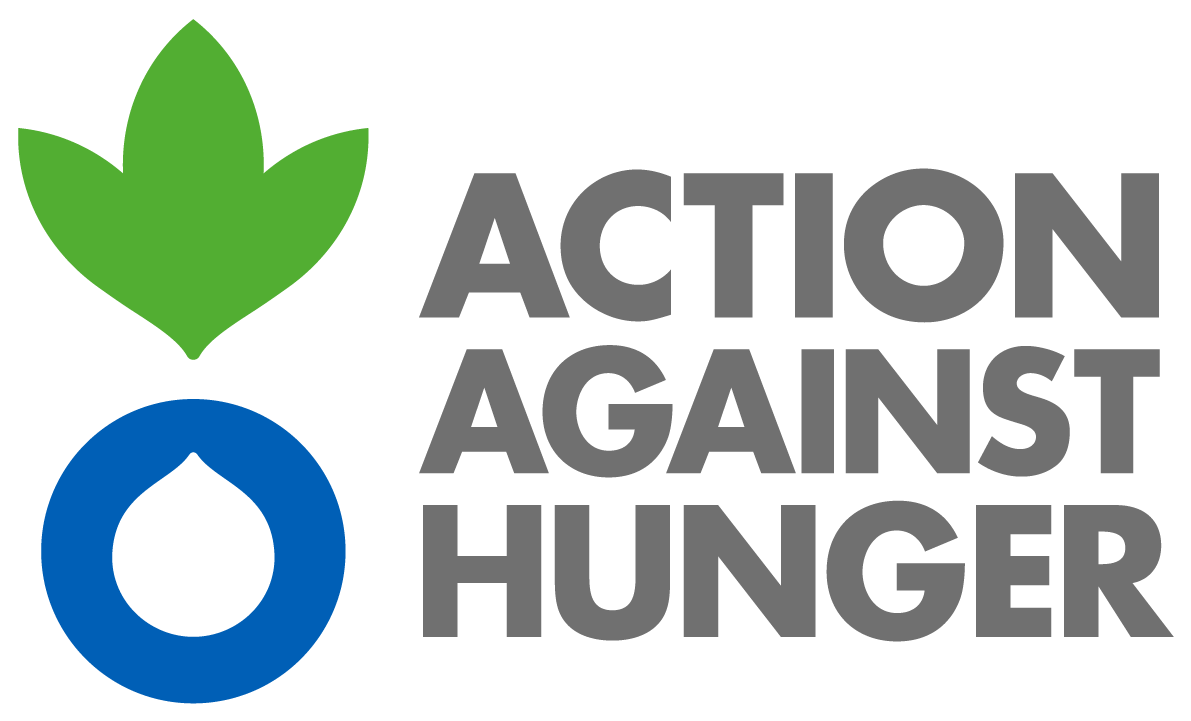Majority of Americans Say Climate Change Is Contributing to Rising U.S. Food Prices and Global Food Shortages, With Government Action Needed
According to New Survey From Action Against Hunger/Harris Poll

September 19, 2023 /3BL/ - A new survey of more than 2,000 U.S. adults, conducted online by The Harris Poll and released by Action Against Hunger, provides new insight into American views on the way climate change is impacting food security, including rising food prices in the U.S. and growing food shortages around the world.
The research found that 78% of Americans say rising food prices are making it harder for them to afford groceries and 72% believe that climate change is already contributing to rising food prices in the U.S. Women (81%) are more likely than men (74%) to report being impacted by rising food prices, as are Hispanic and Black (non-Hispanic) Americans (84% each) than their white peers (75%).
“The climate crisis is a hunger crisis and now is the time to scale up sustainable solutions to help those who are most vulnerable. Advocacy is one key to lasting change and it is important for policymakers to understand how much Americans care about hunger as an urgent issue,” said Dr. Charles E. Owubah, CEO of Action Against Hunger. “This research found that 90% of Americans say access to healthy, affordable food is a basic human right. Yet, around the world, nearly one in 10 people go to bed hungry every night.”
The survey was conducted in advance of New York Climate Week and found that a vast majority of Americans want greater government action on climate change to address food insecurity at home and abroad, with striking differences by race and ethnicity:
Views on the issue within the U.S.
- 77% of Americans agree that the U.S. government must do more to combat climate change to prevent food prices from continuing to rise.
- Non-Hispanic Black (83%) and Hispanic (81%) Americans are more likely to agree than are their White counterparts (72%).
- Women (79%) are more likely to agree than men (74%).
How Americans view the global issue
- 72% of Americans believe climate change is already creating shortages of key foods in low- and middle- income countries.
- Women (74%) are more likely to agree than men (70%).
- 57% of Americans say richer countries like the U.S. should help low-income countries pay for the costs of adapting to climate change, similar to the 56% who agreed in 2019.
- That number rises to 70% among Hispanics and 61% among Black non-Hispanic adults (vs. 51% of Whites).
- Younger Americans, ages 18 – 34, are significantly more likely to agree on the need for so-called “loss and damages” than those ages 45 and older (67% vs. 50%).
When it comes to food security and climate change, parents see things differently. In contrast to those who do not have children under 18, parents of children under age 18 are more likely to agree that:
- The U.S. government must do more to combat climate change to prevent food prices from continuing to rise: 80% vs. 75%.
- Climate change is already creating shortages of key foods in low- and middle-income countries 76% vs. 70%.
- Richer countries, like the U.S., should help low-income countries pay for the costs of adapting to climate change: 61% vs. 55%.
- It is possible to end global hunger in their lifetimes: 60% vs. 51%.
“This research shows that the American public is already feeling the impacts of the climate crisis, from our local grocery stores and dinner tables to our wallets. That’s why we need greater investments in climate-smart agriculture to protect global food supplies and especially to help vulnerable farming communities become more resilient,” Dr. Owubah said.
“The survey also found that 54% of Americans believe it is possible to end global hunger in their lifetime. Now, we need to mobilize the other 46% with confidence in this cause. We have the know-how and cost-effective approaches not only to treat malnutrition, but to prevent hunger in the first place.”
Survey Methodology
This survey was conducted online within the United States by The Harris Poll on behalf of Action Against Hunger from August 1-3, 2023, among 2,064 adults ages 18 and older. The sampling precision of Harris online polls is measured by using a Bayesian credible interval. For this study, the sample data is accurate to within + 2.7 percentage points using a 95% confidence level.

